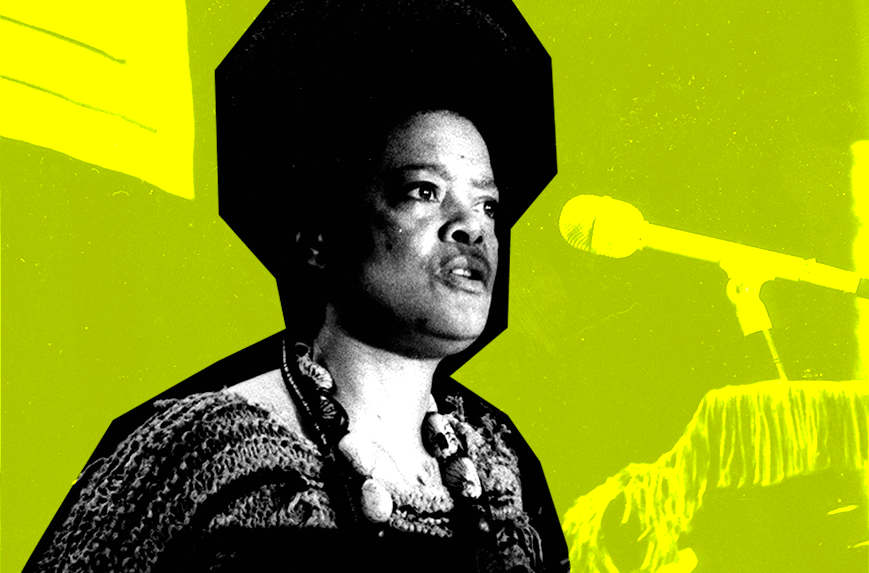The Writer As Cultural Worker (1982) Toni Cade Bambara
In this 1982 interview conducted by Kay Bonetti for the American Audio Prose Library, Toni Cade Bambara discusses the relationship between a writer's work and real life, emphasizing the morality and craft involved in transforming actual experiences into fiction. She expresses reservations about "straight-up fiction" and insists that her characters are based on composites or her tremendous respect for real people, while consciously leaving real individuals alone out of respect for their privacy.
She highlights her work on the Atlanta children's murders as an example, where she chose a fictional stance to document the community's story and "lift up the community voice" without exploiting actual people. Bambara explains that the true question is not how autobiographical a work is, but how a writer transforms extracted lessons from experience into something usable to share. Her stories draw from varied sources, ranging from a "hip line" of poetry to anecdotes shared by people in Vietnam, and her work is characterized by a "tremendous capacity for laughter" and a "tremendous capacity for rage."Bambara also delves into the function of the artist, which she asserts is determined by the community the artist serves. As a "cultural worker who belongs to an oppressed people," her job is "to make revolution irresistible" by celebrating community victories and critiquing reactionary behavior.
She views her best audience as the everyday folks—those in the "washhouse," on the bus, or who send straight-up gut responses—the "community that names" her and validates her work. Discussing her novel The Salt Eaters, she describes the healer, Minnie Ransom, and other characters, as part of a collective "ordering impulse" against chaos. She posits the novel's narrator as a new kind of "medium," akin to the griot, who acts as a magnet through which others can deliver their stories and lessons, contrasting with the omniscient, "arrogant and immoral" narrator of Euro-American letters. Finally, she rejects the label of "utopian writer," arguing her work is too critical, grounded in a historical continuum, and focused on memory of what was possible in the past.

